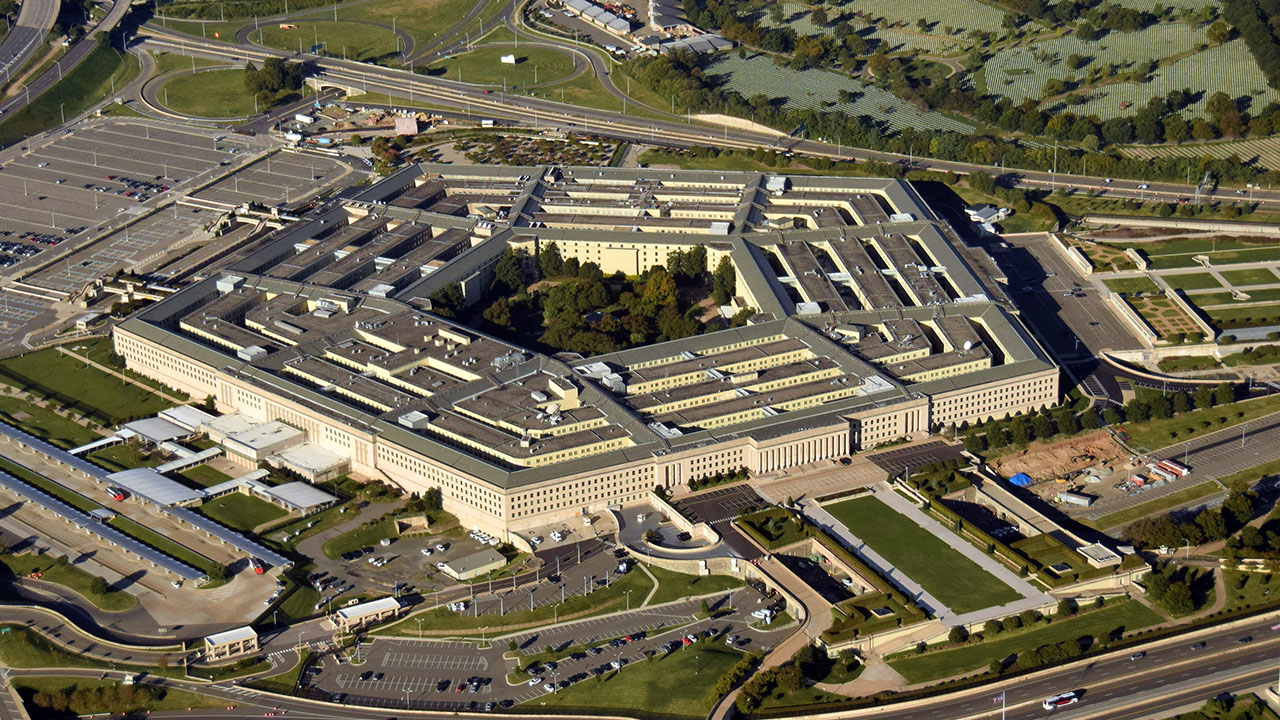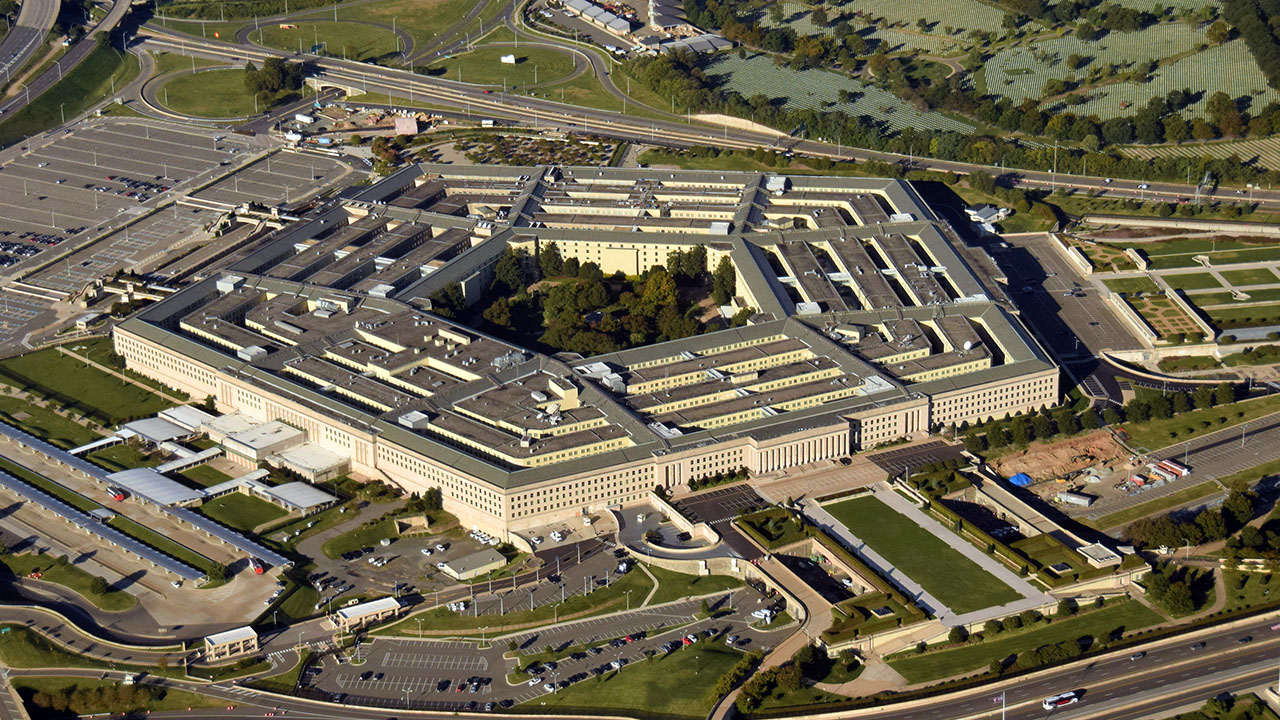

NEWYou can now listen to Fox News articles!
An article published in a new book from the American Enterprise Institute warns that the Biden administration’s preparations for a possible armed conflict with China could be totally wrong, arguing that a war against Beijing would last far longer than officials may realize.
In the think tank’s publication, “Defending Taiwan,” senior fellows Hal Brands and Michael Beckley write that “Washington may be preparing for the wrong kind of war,” while offering suggestions for how they can plan the right way.
“The Pentagon and many defense planners appear to be focused on winning a short, localized conflict in the Taiwan Strait. That would mean riding out an opening missile blitz, blunting a Chinese invasion, and thereby forcing Beijing to relent,” Brands and Beckley say in their article, “Getting Ready for a Long War: Why a US-China Fight in the Western Pacific Won’t End Quickly.”
They also claim that China is making the same mistake, and that their leaders “seem to envision rapid, paralyzing strikes that break Taiwanese resistance and present the United States with a fait accompli.”
US CAN RELY ON WHAT CHINA DECRIES AS THE ‘ASIAN NATO’ FOR DETERRENCE, FORMER OFFICIALS SAY
“Both sides would prefer a splendid little war in the western Pacific, but that is not the sort of war they will get,” they write.
To the contrary, they argue that a war between the U.S. and China over Taiwan “is likely to be long, not short; regional, not localized; and far more easily started than ended.”
A main reason for believing that a war would be drawn out is that both sides would have much to lose and the ability to sustain losses.
“If the United States managed to beat back a Chinese assault against Taiwan, Beijing wouldn’t simply give up,” they write, explaining that Chinese President Xi Jinping has “explicitly” stated that the matter of Taiwan must be resolved during this generation and that “reunification” is needed for “the great rejuvenation of the Chinese nation.” If he would admit defeat, Brands and Beckley claimed, it could cost Xi his power and “perhaps even his life.”
On the American side, they cite the repercussions for the balance of power, the outrage at home over what would likely be “a Pearl Harbor-style missile attack” against the U.S. to start the war, and the harm a swift defeat without hurting China would cause to Washington’s reputation as reasons for why the White House would remain in the fight.
TAIWAN WARNS CHINA IT HAS A MISSILE CAPABLE OF STRIKING BEIJING
Predicting a long war, Brands and Beckley put forth four ways in which Washington can prepare. The first, they say, is for the U.S. and Taiwan to increase their stockpiles of supplies and ammunition so they can beat China in “the race to reload.” Second, they say the U.S. “should demonstrate the ability to hang tough” by taking measures including “securing critical networks, expanding Taiwan’s system of civilian shelters, and enlarging its stockpiles of fuel, food, and medical supplies.”
Next, they say the U.S. should “own the escalation ladder” by getting ready to cut off China via blockades so they “can threaten to turn an extended conflict into an economic catastrophe for China.”
Finally, they assert that the U.S. needs to define what victory looks like in realistic terms. Given that both sides are nuclear-armed, they predict “a negotiated compromise” will be how it eventually ends.
So how would it end?
CLICK HERE TO GET THE FOX NEWS APP
“The simplest settlement would be a return to the status quo ante: China stops attacking Taiwan in exchange for a pledge that the island would not declare, and America would not endorse, formal independence,” Brands and Beckley say, suggesting that the U.S. could offer to withdraw forces from Taiwan as an added incentive.
“The United States would have saved a vibrant and strategically positioned democracy. Both sides would save some face and live to see another day.”








